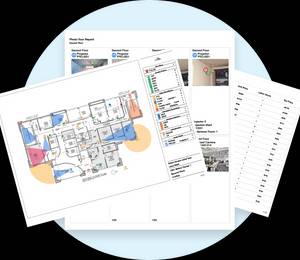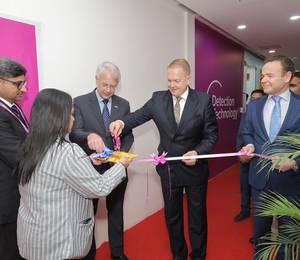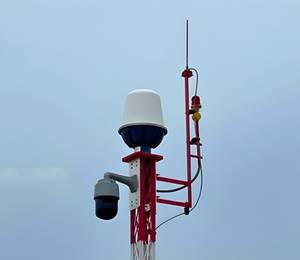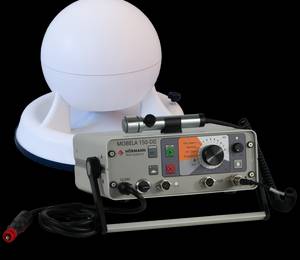Through ever-advancing development and ever-expanding deployment, biometric airport security is edging closer to becoming the new passenger screening standard. Long-established US carrier Delta Air Lines’ adoption of the technology is especially novel. It’s introduced a new passenger boarding system that’s wholly fingerprint-based.
Delta’s fingerprinting programme builds on the carrier’s biometric boarding pass experience trial that got underway earlier in 2017. That Delta’s now moving fingerprint scanning into its live operations must be considered evidence of that trial’s success.
Biometric Boarding
Biometric boarding has so far been activated at one site - Ronald Reagan Washington National Airport. Passengers can’t just turn up and use it, however: they must belong to Delta’s SkyMiles loyalty scheme and have set up an account with CLEAR - the biometrics firm that’s helping Delta deliver its new-gen air travel security system.
“The truly exciting piece of what Delta is doing, is how scalable this experience is in part due to our partnership with CLEAR”, explains Chief Operating Officer and Senior Executive Vice President, Gil West. “Once we complete testing, customers throughout our domestic network could start seeing this capability in a matter of months - not years. Delta really is delivering the future now.”
Delta Biometrics
Dating back to the mid-1920s, Delta is among the world’s oldest airlines that’s still active. In 2017, Delta serves 334 airports located in 62 countries situated in every one of the world’s continents. A mixture of Boeing, Airbus and McDonnell Douglas airliner products, it has 800-plus aircraft in service. Current daily flights totals are approximately 15,000 and upwards of 180 million passengers board a Delta flight every single year.
Next to come from Delta Air Lines, biometrics-wise, will be a fingerprint-based baggage check-in service. Facial recognition-activated baggage drop technology has also recently been trialled.
"It's a win-win program”, West adds. "Biometric verification has a higher level of accuracy than paper boarding passes and gives agents more time to assist customers with seat changes and other skilled tasks instead of having to scan individual tickets – and customers have less to keep track of as they travel through the airport."











